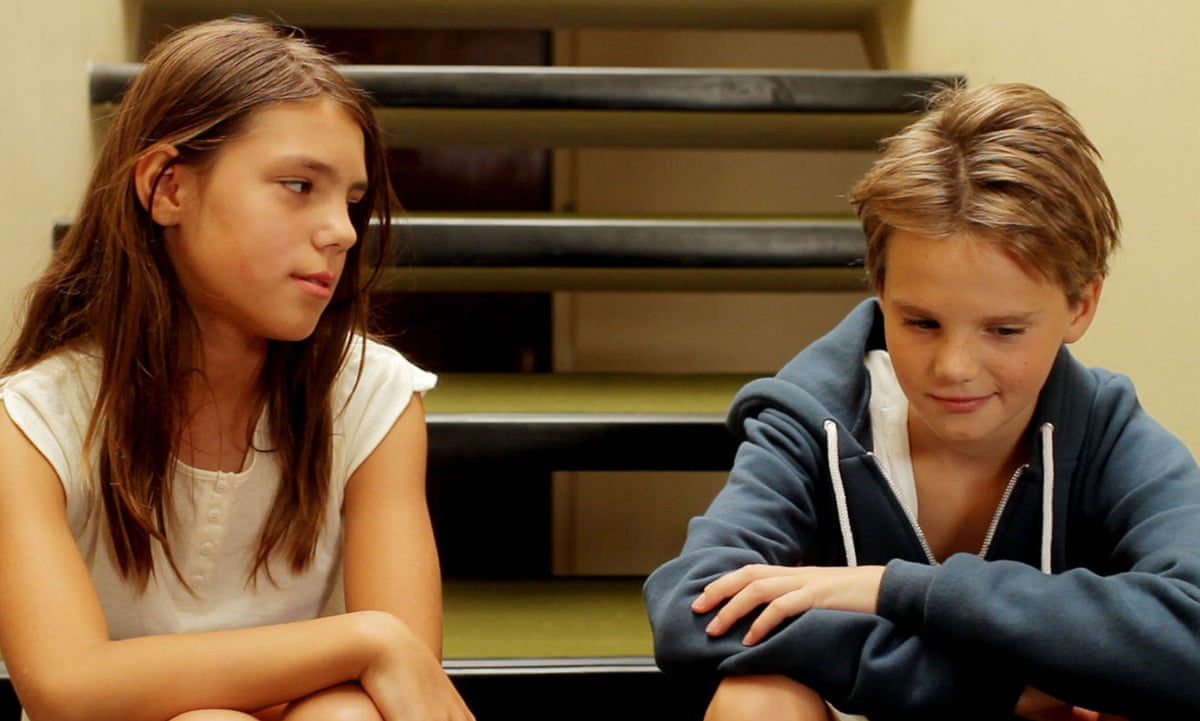Tomboy: A Tender Portrait of Identity and Childhood
“Tomboy” is a delicate and moving French drama directed by Céline Sciamma that explores gender identity through the eyes of a child. Quiet yet powerful, the film follows ten-year-old Laure, a young girl who moves to a new neighborhood during the summer and begins introducing herself as "Mickaël" to the local kids. What unfolds is a gentle yet deeply resonant exploration of self-discovery, acceptance, and the fluidity of identity in childhood.
From the very beginning, Laure is portrayed as someone who doesn't fit neatly into the expectations traditionally assigned to girls. With short hair, loose clothes, and a reserved demeanor, she seamlessly slips into the role of a boy in the eyes of her new friends. Playing soccer, swimming shirtless, and confidently navigating her new persona, Mickaël becomes a way for Laure to explore who they are without the weight of judgment. But as summer winds down and school approaches, the tension builds between this chosen identity and the truth that must eventually surface.
![Trọn Bộ] Tomboy (2011) (Full song ngữ Anh-Việt) | Giới Tính Thứ Ba](https://www.studyphim.vn/system/movies/10701/thumbnails/original/maxresdefault.jpg)
Zoé Héran delivers a remarkable performance as Laure/Mickaël, capturing the quiet inner world of a child trying to find their place. The performance is full of subtlety—glances, silences, and half-smiles—that express more than words ever could. The dynamic between Laure and her younger sister Jeanne, who is full of curiosity and unconditional love, is one of the film’s most beautiful aspects, bringing warmth and a sense of safety to the story.
Sciamma’s direction is intimate and restrained. She never over-dramatizes or sensationalizes the subject. Instead, she places the camera at the children’s eye level, inviting viewers into Laure’s world without judgment or commentary. The film moves gently through scenes of childhood play, sibling bonding, and quiet moments of reflection, creating an atmosphere that feels authentic and deeply personal.

“Tomboy” stands out not just for its theme but for how it handles it—with compassion, realism, and respect. It does not attempt to label or define Laure’s experience, nor does it offer a simple resolution. Instead, it invites the audience to witness a moment in time—one summer—where a child was free to be who they felt they were.
Ultimately, “Tomboy” is a beautiful and empathetic film about identity, family, and the courage it takes to live authentically. It reminds us how fluid and complex childhood can be, and how important it is to let children explore who they are without fear. It is a quiet triumph of cinema—honest, raw, and unforgettable.


